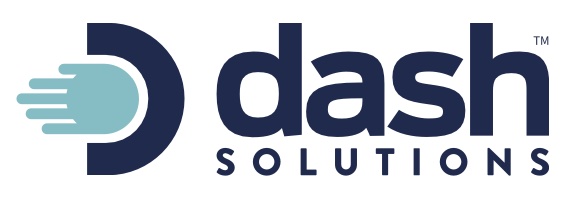Webhooks Overview
Dash Webhooks allow your systems to stay in sync with card-related events in real time. When an action is taken against a card (e.g., status change, replacement), Dash receives notifications from the card processor and forwards them to your registered webhook endpoint(s).
You can:
- Use a single endpoint to handle all events (recommended for simplicity), or
- Create dedicated endpoints per event type.
Always inspect the "event" field in the payload to determine how to handle the incoming data.
Supported Events
Card Status Events
1 POST HTTP/1.1
2 Content-Type: application/json 3{
4 "event": "card.status.change",
5 "targetIdentifier": "string",
6 "subscriptionIdentifier": "string",
7 "customerIdentifier": "string",
8 "proxy": "string",
9 "status": "string"
10 }Handle Status Event Webhook – Dash Webhooks API v0.0.1
Card Replacement Events
1 POST HTTP/1.1
2 Content-Type: application/json 3{
4 "event": "card.replacement",
5 "targetIdentifier": "string",
6 "subscriptionIdentifier": "string",
7 "customerIdentifier": "string",
8 "newCardIdentifier": "string",
9 "originalProxy": "string",
10 "newProxy": "string"
11 }Handle Replacement Event Webhook – Dash Webhooks API v0.0.1
Note: Identifiers like targetIdentifier, subscriptionIdentifier, and newCardIdentifier are relevant only for a small subset of v3 customers. Most clients can ignore these fields.
Environments & Testing
- Production Only: Webhooks are currently available only in the production environment.
- Testing Guidance: To simulate webhook behavior in lower environments (DEV/UAT), mock payloads and POST them to your handler endpoints. This helps validate your architecture under load.
Security & Authentication
- Dash connects via HTTPS using TLS 1.3.
- Only endpoints with SSL certificates from publicly trusted authorities are accepted.
- You may provide custom authentication headers (e.g.,
Authorization: Bearer YOUR_TOKEN) when registering your endpoint. - Dash expects the full header string, including the key and value.
Enrollment Instructions
To register your webhook endpoint, please send the following details via secure email to Dash Solutions:
- Handler URL(s): The endpoint(s) Dash should POST to
- Authentication Headers: Any required headers (e.g., API key, bearer token)
| Event | Handler URL | Header 1 | Header 2 |
|---|---|---|---|
| Card Status | |||
| Card Replacement |
Note: Automatic enrollment is not available at this time.
Delivery & Reliability
- Dash sends each event only once.
- Events are backed by message queues at both the card processor and Dash for reliability.
- We recommend clients also enqueue received events (e.g., pub-sub architecture) to avoid processing failures.
- Webhooks should be treated as supplemental notifications, not the sole source of truth. Always fetch the latest data via Dash APIs when needed.
Frequently Asked Questions
Q: Can we verify that a webhook request is from Dash?
A: Yes. You may provide a custom header name and value that Dash will include in each request.
Q: Are webhooks signed or include a nonce?
A: No. Dash does not sign webhook payloads or include a nonce. The design encourages clients to fetch data using identifiers rather than relying on payload integrity.
Q: Can we whitelist Dash’s IPs?
A: Yes. Dash uses a static public IP pool.
Q: Is there an event ID for idempotency?
A: No event ID is included. The system is designed to notify you of changes, not to serve as a transactional log.


